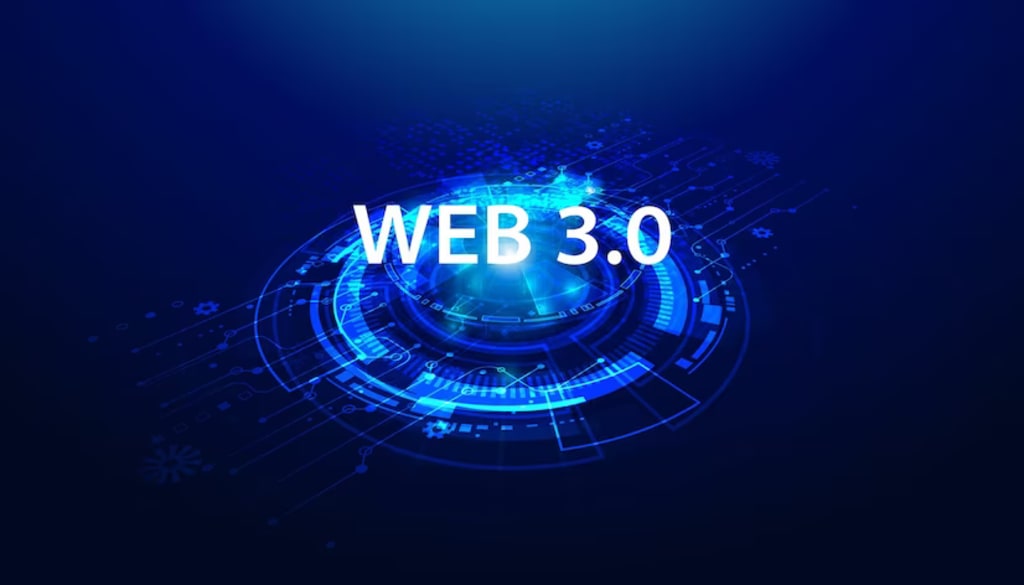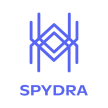
The internet has come a long way since its inception in the late 1960s. What started as a government project to create a decentralized communication network has evolved into the global network of interconnected computers that we know today. The internet has revolutionized the way we live, work, and communicate, and it continues to evolve with each passing day. The latest evolution of the internet is Web 3.0, and it has the potential to change the way we do business forever.
What is Web 3.0?
Web 3.0 is the next generation of the internet, also known as the decentralized web or the semantic web. It is built on the foundation of blockchain technology and smart contracts, which allow for secure and transparent transactions without the need for intermediaries. Web 3.0 aims to create a more decentralized and democratized internet, where users have more control over their data and are not dependent on centralized entities like Google, Facebook, or Amazon.
The Role of Web 3 Platforms in the Future of Business
Web 3 platforms have the potential to revolutionize the way businesses operate by creating a more open, transparent, and decentralized ecosystem. Here are some of the ways in which Web 3 platforms can transform the future of business:
Decentralized Finance (DeFi)
Decentralized Finance (DeFi) is one of the most promising applications of Web 3 technology. DeFi platforms allow users to access financial services without the need for intermediaries like banks or other financial institutions. This means that users can access loans, savings, insurance, and other financial services directly through decentralized applications (DApps) on the blockchain.
DeFi platforms offer several benefits over traditional financial systems, including lower transaction fees, faster settlement times, and greater transparency. They also offer greater financial inclusion by providing access to financial services to people who do not have access to traditional banking systems.
Decentralized Marketplaces
Decentralized marketplaces are another application of Web 3 technology that can transform the future of business. These platforms allow buyers and sellers to transact directly with each other without the need for intermediaries like Amazon or eBay. This means that sellers can set their own prices and keep more of the profits, while buyers can find products at lower prices.
Decentralized marketplaces also offer greater transparency and security, as all transactions are recorded on the blockchain and cannot be altered. This can help to reduce fraud and increase trust between buyers and sellers.
Decentralized Social Networks
Social media has become an integral part of our lives, but it is also a centralized system that is controlled by a few large companies. Decentralized social networks aim to create a more democratic and transparent system where users have more control over their data and are not subject to the whims of large corporations.
These platforms use blockchain technology to create decentralized networks that are owned and controlled by their users. This means that users can decide how their data is used and can be rewarded for their contributions to the network.
Decentralized Cloud Storage
Cloud storage is an essential part of modern business, but it is also a centralized system that is controlled by a few large companies. Decentralized cloud storage platforms aim to create a more secure and decentralized system where users have more control over their data.
These platforms use blockchain technology to create a decentralized network of storage providers. Users can store their data on this network and can choose which providers they want to use. This means that users can have greater control over their data and can ensure that it is stored securely.
Final Words
In conclusion, Web 3.0 has the potential to transform the way we do business by creating a more decentralized, transparent, and democratized ecosystem. Decentralized finance, marketplaces, social networks, and cloud storage are just a few examples of the applications of Web 3.0 that can revolutionize the future of business.
However, the adoption of Web 3.0 faces several challenges, including the lack of awareness and understanding of the technology, regulatory challenges, and scalability issues. Nevertheless, with the continued development and innovation in the field, Web 3.0 has the potential to revolutionize the internet and transform the way we do business. As we move into the future, it is essential for businesses to stay informed and adapt to the changing technological landscape to remain competitive and relevant.






Comments
There are no comments for this story
Be the first to respond and start the conversation.